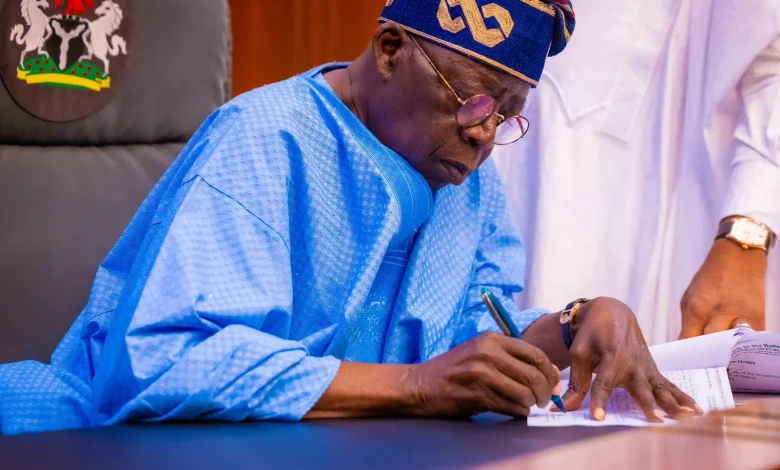
The Presidency has unveiled a series of crucial policies that the Bola Tinubu administration intends to implement in 2025, with one of the most significant initiatives being the launch of a new, multipurpose national identity card.
This card is being rolled out by the National Identity Management Commission (NIMC) as part of the government’s broader vision for national development.
According to a policy outlook shared by the President Bola Ahmed Tinubu Media Centre, the introduction of this new ID card ranks as one of the top ten policies that Nigerians should closely monitor in the coming year.
The Centre emphasized that this new identity card, which is powered by AFRIGO, will do more than serve as a mere proof of identity. In addition to fulfilling the traditional role of identification, the card will incorporate a range of features aimed at enhancing the nation’s financial inclusion.
By integrating payment solutions into the card, it will provide Nigerians with easier access to financial services, thereby promoting broader participation in the country’s economy. The card will also grant holders access to essential government services, streamlining the process of interacting with public institutions and ensuring that more citizens can easily engage with government programs.
Furthermore, the introduction of the new national identity card is expected to address long-standing issues surrounding the country’s identification system. It aims to restore public confidence in the system, which has faced challenges in terms of reliability and security in the past.
By offering a modern, secure, and accessible means of identification, the government hopes to improve the effectiveness of public services and ensure that Nigerians have a more reliable means of engaging with both governmental and financial institutions.
As the government rolls out this initiative, it is anticipated to have a transformative effect on the country’s administrative processes and financial landscape, making it one of the most significant steps in the ongoing effort to modernize Nigeria’s infrastructure and public systems.





